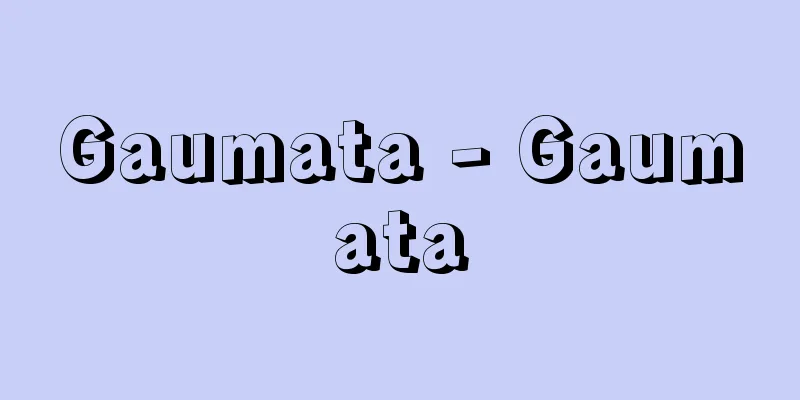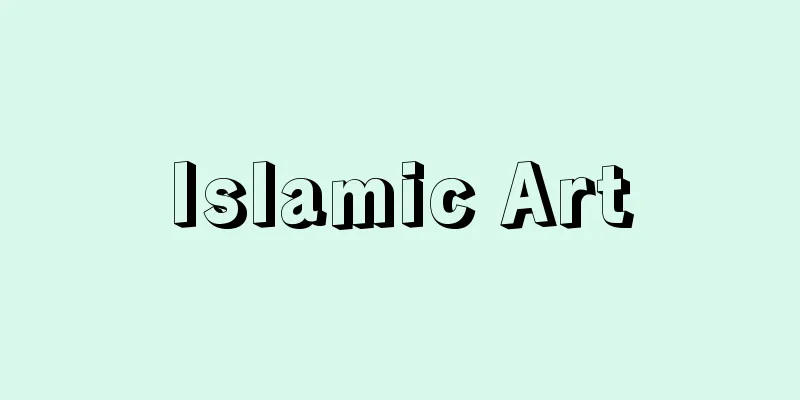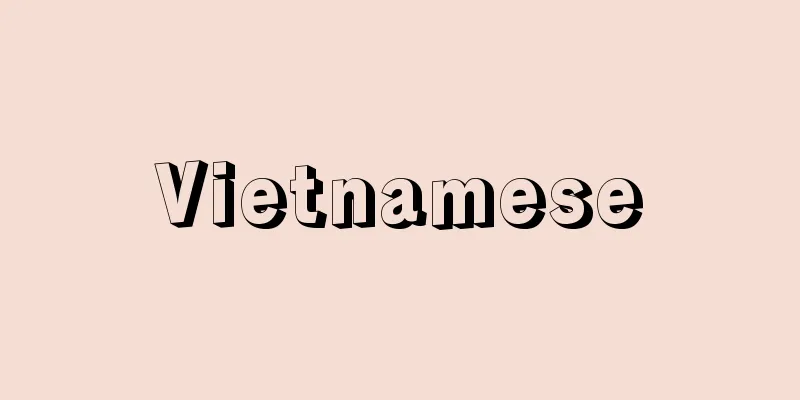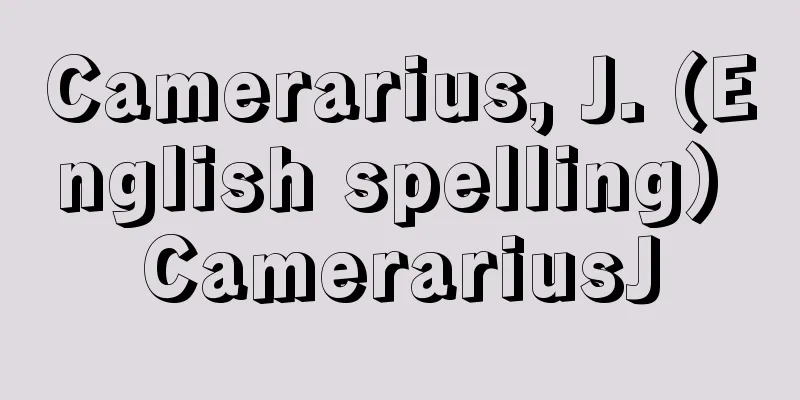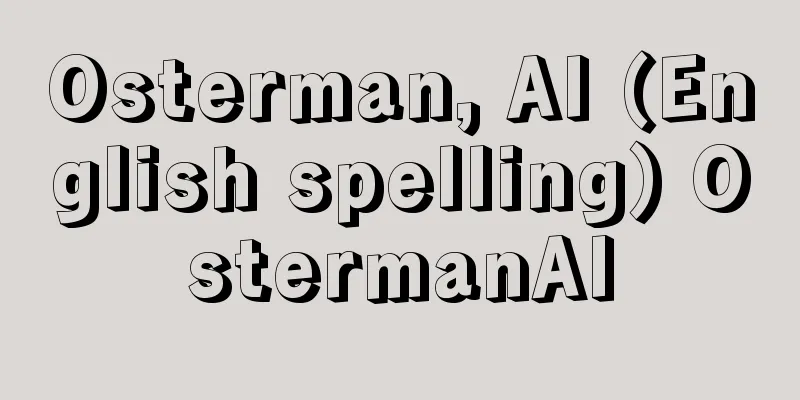ewiges Jetzt (English spelling) ewiges Jetzt
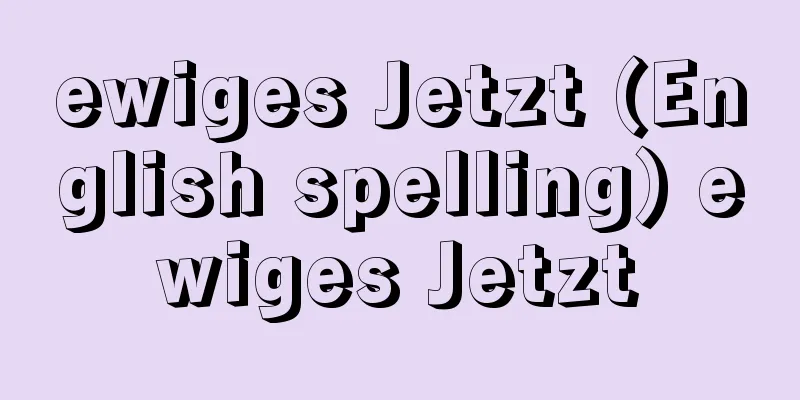
|
...In this theory, both the future and the past are considered to be temporal states that are conceived incidentally to the present. This idea appears in a refined form in the West as Nietzsche's concept of the eternal now, but if we consider Nietzsche's concept in terms of the influence of Indian Buddhism, it is also characteristic of India. *Some of the terminology explanations that mention "ewiges Jetzt" are listed below. Source | Heibonsha World Encyclopedia 2nd Edition | Information |
|
…そこでは未来も過去も,ともに現在のために付随的に考えられた時間態であると考えられる。こうした発想は,洗練された形では西欧にもニーチェの〈永遠の今ewiges Jetzt〉というような概念として登場するが,ニーチェのそれもインド仏教の影響という点から考えられるとすれば,やはりインドに特徴的である。 ※「ewiges Jetzt」について言及している用語解説の一部を掲載しています。 出典|株式会社平凡社世界大百科事典 第2版について | 情報 |
<<: Ewins, AJ (English spelling) EwinsAJ
Recommend
Enemy of the People
A five-act play by Norwegian playwright Ibsen. Pu...
Swadesh, M.
Following this example, in Japan, English scholar...
"Kakumeiki" - Kakumeiki
...The temple's land area in the early modern...
Quiver - Ebira
[1]① A box-shaped storage device worn on the waist...
"Ishin March" - Ishin March
…Today, baton twirlers, who spin batons in a spec...
Portunus pelagicus (English spelling) Portunuspelagicus
… [Takeda Masatomo]. … *Some of the terminology t...
Cartwright, T.
...That is, in each individual church, in additio...
Tsugaru Hiba - Tsugaru Hiba
Aomori Hiba, or "beautiful forest," refe...
Plantain
...In Europe and the US, the seeds of the same ge...
Male
The capital of the Republic of Maldives in the nor...
Hachiman Gudoukun - Hachiman Gudoukun
This explains the miraculous powers of Hachiman D...
Cirripedia
…General term for crustaceans belonging to the su...
Free radical
…Free radicals are also called free radicals or r...
Katano [city] - Katano
A city in the northeastern part of Osaka Prefectur...
Foreign service official - Gaimukomuin
A public servant as defined by the Foreign Service...

